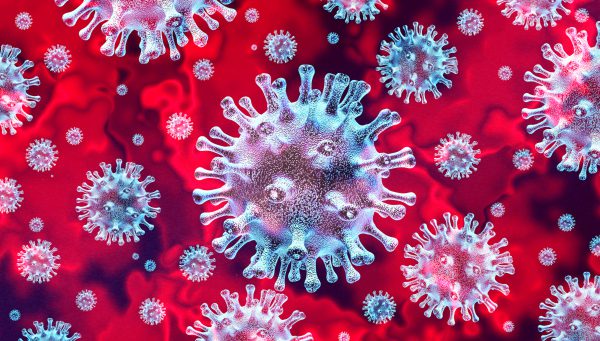SINGAPORE, 30 March 2020: Experts who can talk on coronavirus and the impact on tourism are crawling out of the woodwork claiming they have seen the light that eluded the rest of us.
Some early bird marketing gurus are already promoting events later in the year fielding what they call “coronavirus crisis experts”. Most of the listed experts happen to be hoteliers who have honed their skills sanitising premises and shutting them when the property owner hits the panic button. They are intent on telling us what we already know; Covid-19 has knocked tourism topsy turvy. There will be no quick fix, and even the promise of big bailouts might be a mixed blessing.
Beware of the low-interest soft loans. The caveat attached to “low cost” might expire long before we see the world economy recover enough to make it possible to repay the loan.

It sounds like a good option now, but for many tourism companies, it might hamper long-term recovery with even higher debt once the low-interest deal expires. Governments should reduce costs for tourism and hospitality, subsidising payrolls from social security payments to prevent lay-offs, reducing tax, offering free utilities such as electricity and other measures that reduce operational costs and keep staff employed. Soft loans with low-interest rates can turn into a double-edged sword.
In truth, we haven’t the faintest idea when Covid-19 will allow us to reboot and pick up the pieces to rebuild shattered business dreams. It could take months or years, and that is why soft loans are risky. It’s the economic damage and pain that will outlive Covid-19 haunting balances sheets for up to a decade. For Asia’s badly managed airlines, Covid-19 could be the final nail in the coffin.
Sure, so-called experts dish out wild guesses. They do simple sums that count the months in China from the first cases reported to the spike and a declining curve to zero new cases and pretend the same rule applies to the rest of the world. Usually, the recovery forecasts talk of months, not years. That might not be the case.
Covid-19 dashed our hopes for 2020 in early January, and now at the end of the March, we witness the first residents of Wuhan in China, the original epicentre of the pandemic, coming out of isolation to resume their lives. Even though last week China saw the curve flatten and dip to almost no new cases, the pandemic has gone on a rampage in Europe and the US while causing a second wave of new cases in Asia.
We might look back on 2020 as the tipping point that leads to a global recession, and Covid-19 collateral damage could ultimately change the shape and substance of travel globally for years to come not months.
UNWTO quotes the motto “Putting People First”, and this has to underscore all recovery initiatives. The priority should be to ensure people working in the travel industry have a job to go back to after the crisis is over. They should not be front-line casualties.
Say no to funds and incentives that bailout mega-corporations but leave staff and self-employed people in tourism out of work and unable to pay their monthly household bills. People must come first when the bailout budget is approved by governments across Asia.






